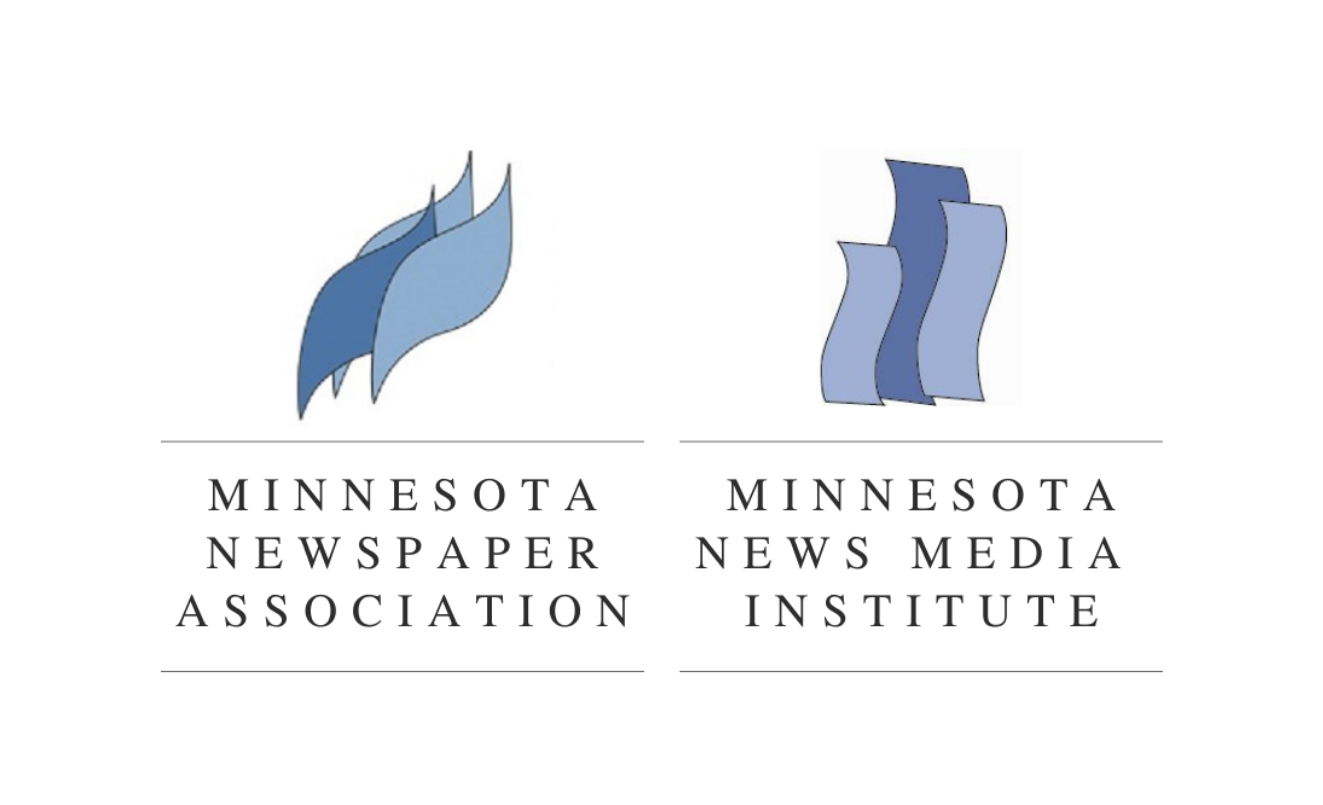By John Foust
Raleigh, NC
I remember talking to a frustrated advertiser who was complaining about a certain media sales rep. “I was interested in his publication,” the advertiser told me, “and in fact I had called him to set the appointment. But from the moment he walked into my office, he was insincere and sales-ey. He spent the whole time boasting about how great his paper was. After a few minutes, it was obvious that all he cared about was making a sale. He never made an effort to learn about my business. I couldn’t get rid of him fast enough.”
I’ve heard the same complaint from a number of advertisers. Sales people who are “too sales-ey” don’t sell much. Without a doubt, there’s a lot of truth in the old saying, “People don’t care how much you know until they know how much you care.”
This leads us to one of the most effective phrases a salesperson can use: “Help me understand.” Begin with these three words, and you’ll open the door to rapport and information.
“Help me understand” is other-centered, not self-centered. Although you are of course referring to yourself and your personal understanding of a given situation, you are asking for the other person’s perceptions and ideas. You are putting them in a position of influence.
“Help me understand how you’d like to grow your business”… “Help me understand how you make your marketing decisions”… “Help me understand what you’d like to accomplish in this ad campaign.” These are questions without question marks. And they are designed to do exactly what they claim – to help you better understand your prospect’s situation.
That same advertiser then told me about another sales person – one who spent most of the initial appointment learning about his business. “She focused all of her attention on me. It was almost like a news interview. She didn’t brag about her paper or cover my desk with charts and statistics. She simply expressed interest in my business and listened to what I had to say.
“A funny thing happened along the way,” he explained, “As we talked – or more accurately, as I talked and she listened – I conducted a pretty good analysis of my marketing. From her perspective as a media specialist, she encouraged me to consider things from different angles. She wasn’t sales-ey at all, but she ended up with a big advertising contract. That first sales person could have learned a lot from her.”
It’s obvious that you shouldn’t begin every sentence with “Help me understand.” There are plenty of other phrases or questions you can use. For example: “Tell me more about _____”… “How would you describe _____ ?”… and “I’d like to know how _____”
All of these techniques must be supported by a sincere interest in the other person. Otherwise, they’re just manipulative gimmicks to pry information from the other person. Without sincerity, you deserve to fall flat on your face. Remember, “People don’t care how much you know until they know how much you care.”
—–
John Foust has conducted training programs for thousands of newspaper advertising professionals. Many ad departments are using his training videos to save time and get quick results from in-house training. E-mail for information: jfoust@mindspring.com
(c) Copyright 2013 by John Foust. All rights reserved.
